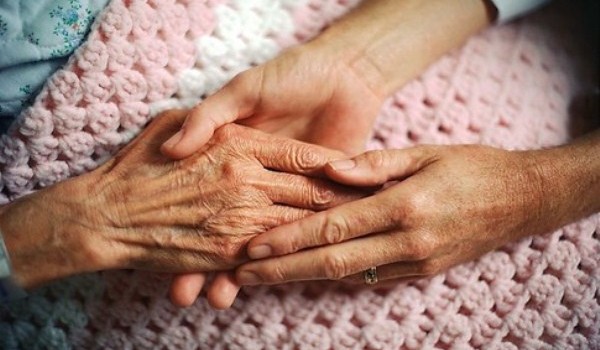Did you know that Billy Connolly, Michael J. Fox and Muhammad Ali are just some of the celebrities who have Parkinson’s disease?
Parkinson’s is a condition that affects physical movement and although it is not fatal, it can place great strain on the body. If the part of the brain controlling movement cannot work so well, movements will become slow and reduced.
There are 127,000 people living in the United Kingdom who have the condition and men are one and half times more likely to get Parkinson’s than women.
On the plus side, because of advancements in treatment, people with Parkinson’s disease now often have a normal or near-normal life expectancy.
The average age for symptoms to appear is around 60. However around one in 20 cases first develop in people who are aged 50 and below. There are three main symptoms of Parkinson’s disease:
- Tremors – Shaking usually begins in the hand or arm and is one of the most common initial symptoms of Parkinson’s.
- Rigidity – Muscle stiffness can play a part in everyday activities. For example, people with Parkinson’s may find it difficult to get out of bed or a chair.
- As movements become slow, people will find it difficult to write since the condition can have an effect on finger movements.
Someone who has Parkinson’s can experience other symptoms including: depression, daytime fatigue and have difficulties in swallowing.
If you have any of the above symptoms, see your GP who can then refer you to a specialist. It is likely your specialist will ask you to do physical activities so they can assess whether you have any issues affecting your movement.
Your specialist can be a point of contact and provide you with support. Being in regular contact with your specialist will enable you to discuss your concerns and symptoms.
Dr Martha Pinkney, elderly care consultant at Solihull Hospital, said: “To control symptoms of Parkinson’s disease, you may need to make changes to the way you carry out daily tasks.
“Exercising regularly will help tackle depression and help reduce fatigue. Also eating a balanced diet will give your body all the nutrients it needs.
“Using less energy with daily tasks can help you have more energy to do other activities during the day. If you do become tired during an activity, make sure you stop and rest. Taking short naps can also help reduce levels of fatigue.”
For more information on Parkinson’s disease, visit the Parkinson’s UK website (http://www.parkinsons.org.uk/) or call their helpline 0808 800 0303.







